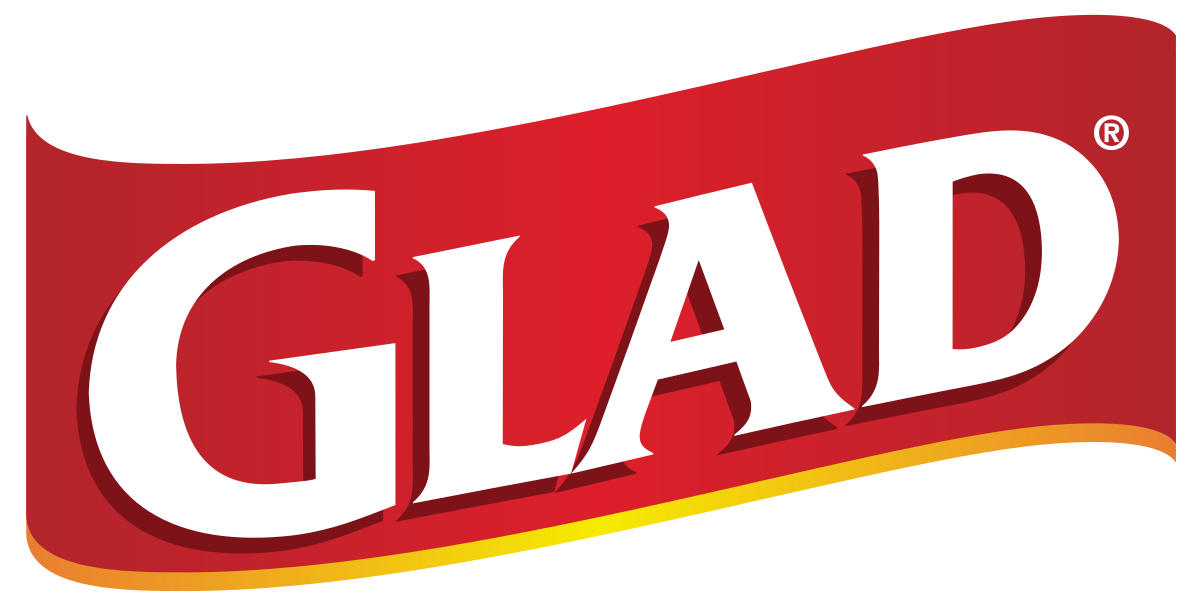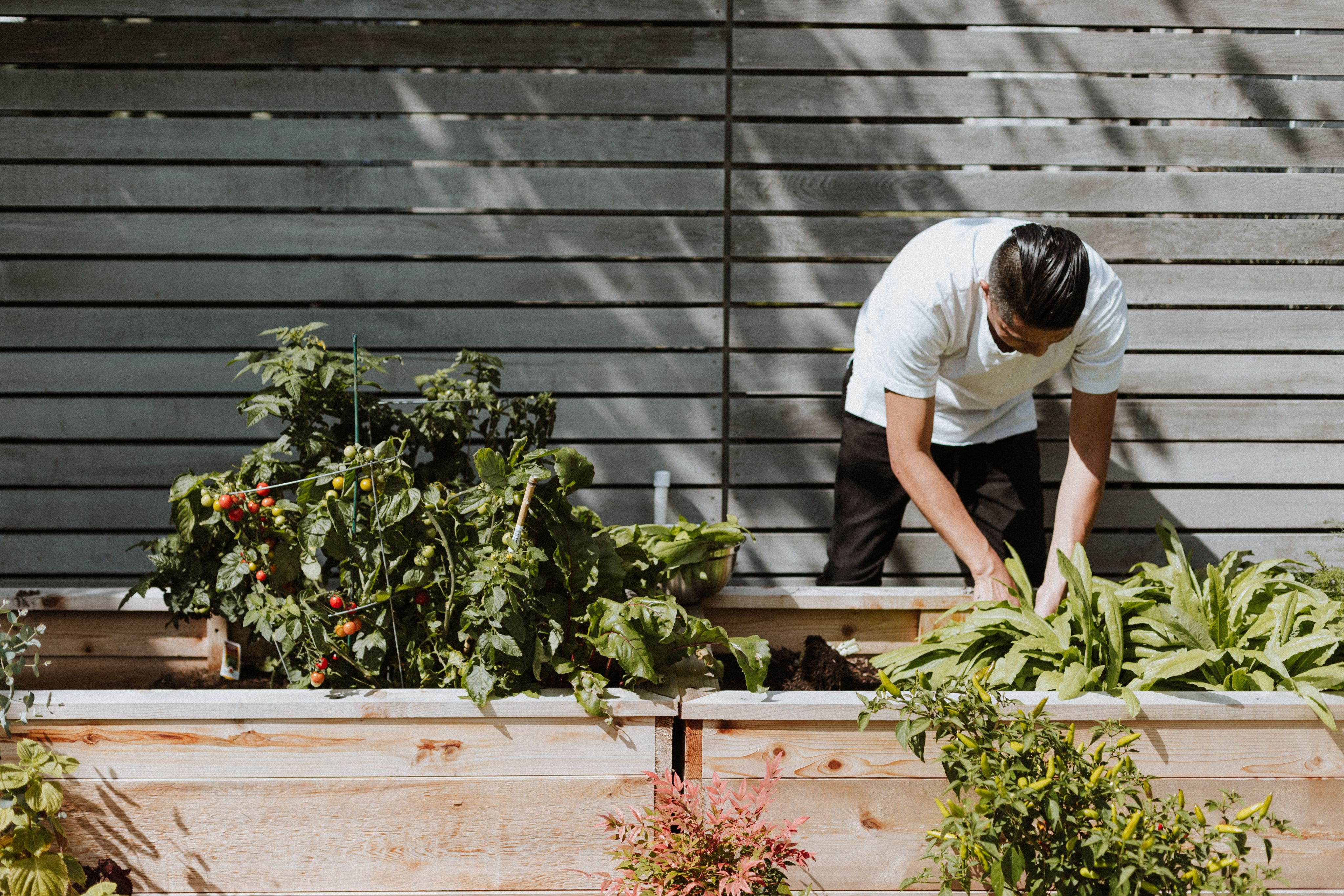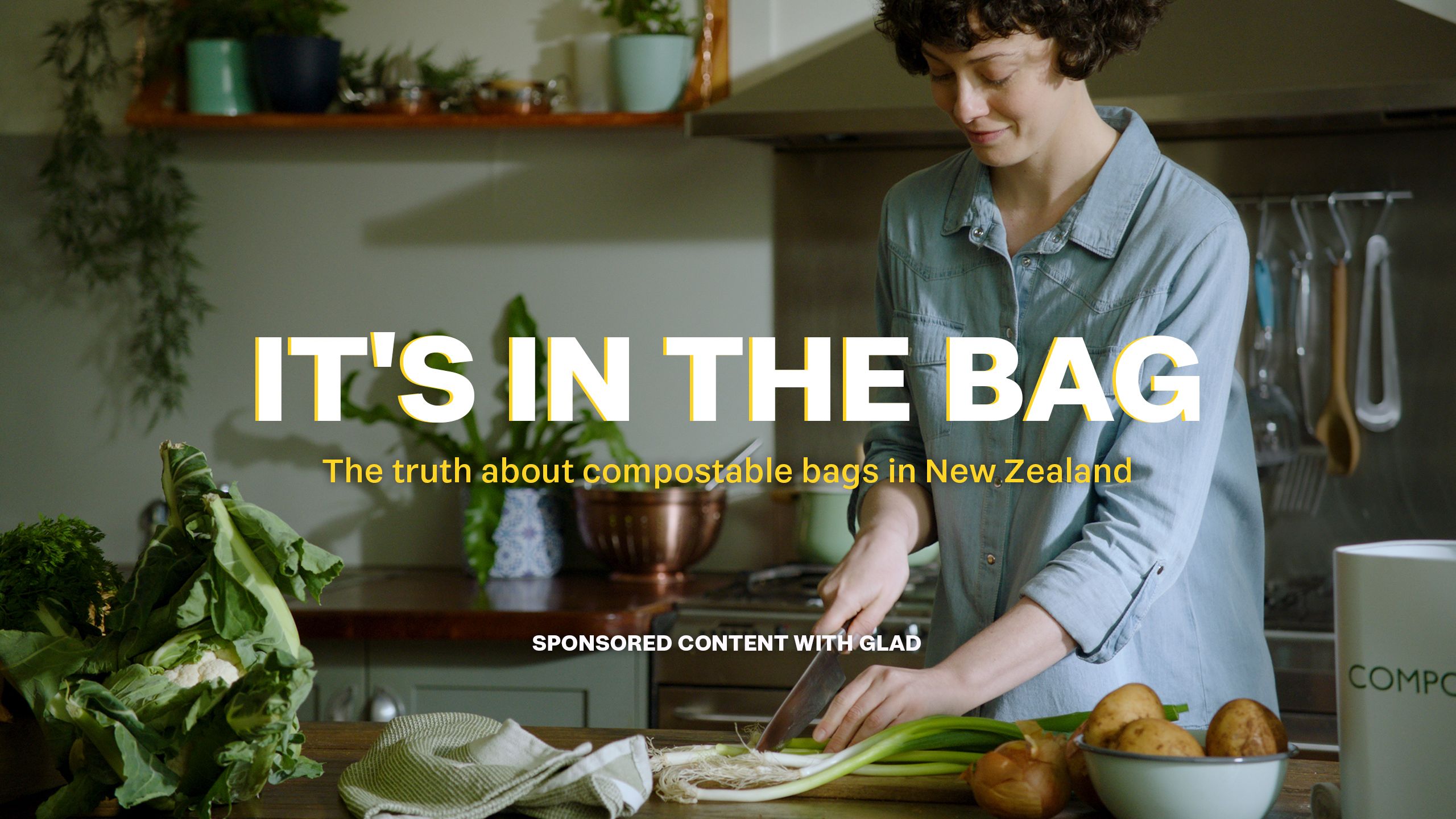
According to the Sustainable Business Council, 87% of New Zealanders are concerned about sustainability, with four in five Kiwis indicating everyone has a responsibility in doing more.
The findings indicate most New Zealanders are striving to make eco-conscious choices in how they eat, travel, shop and dispose of their waste - and their immense buying power has been instrumental in key changes to how we shop.
A further report from the Sustainable Business Council says 71% of those surveyed actively prioritise sustainability when choosing brands or products.
Brands have responded by offering a wider variety of sustainably-minded products - including home compostable bin liners, catering to composters nationwide.
However, the abundance of choices can be bewildering, particularly in the absence of legislation in New Zealand that puts parameters around what claims companies can make about their products being home-compostable or commercially compostable.
Organic waste accounts for over 20% of global methane emissions
- AZO Clean Tech
Understanding where compostable bags belong
New Zealand homes throw away 157,398 tonnes of organic waste (food scraps) per year, most of which could have been eaten. In Auckland alone, 50% of the city's household waste is organic and goes into landfill. Organic waste (food scraps) accounts for over 20% of global methane emissions.
As all avid composters will likely know, food waste creates an enormous amount of methane when it’s exposed to the elements in landfill (anerobic state) and begins to decompose. This is why diverting this waste from landfill in the first place is a much better option for the planet.
Until recently, composting lacked widespread availability of certified compostable products such as caddies, bags, and bins in local supermarkets and stores. Fortunately, things have changed.
Now, getting into composting is much easier without breaking the bank or making special trips. The introduction of certified compostable bin liners has been a game changer, especially for those who had concerns about storing food scraps in their kitchen.
Companies such as GLAD® have products that are certified compostable, including Glad to be Green® Compostable Kitchen Caddy Liners. These small caddy bags allow food scraps to be contained until they’re ready to be popped in the compost, The bag itself will decompose right alongside the food, in compost conditions only.
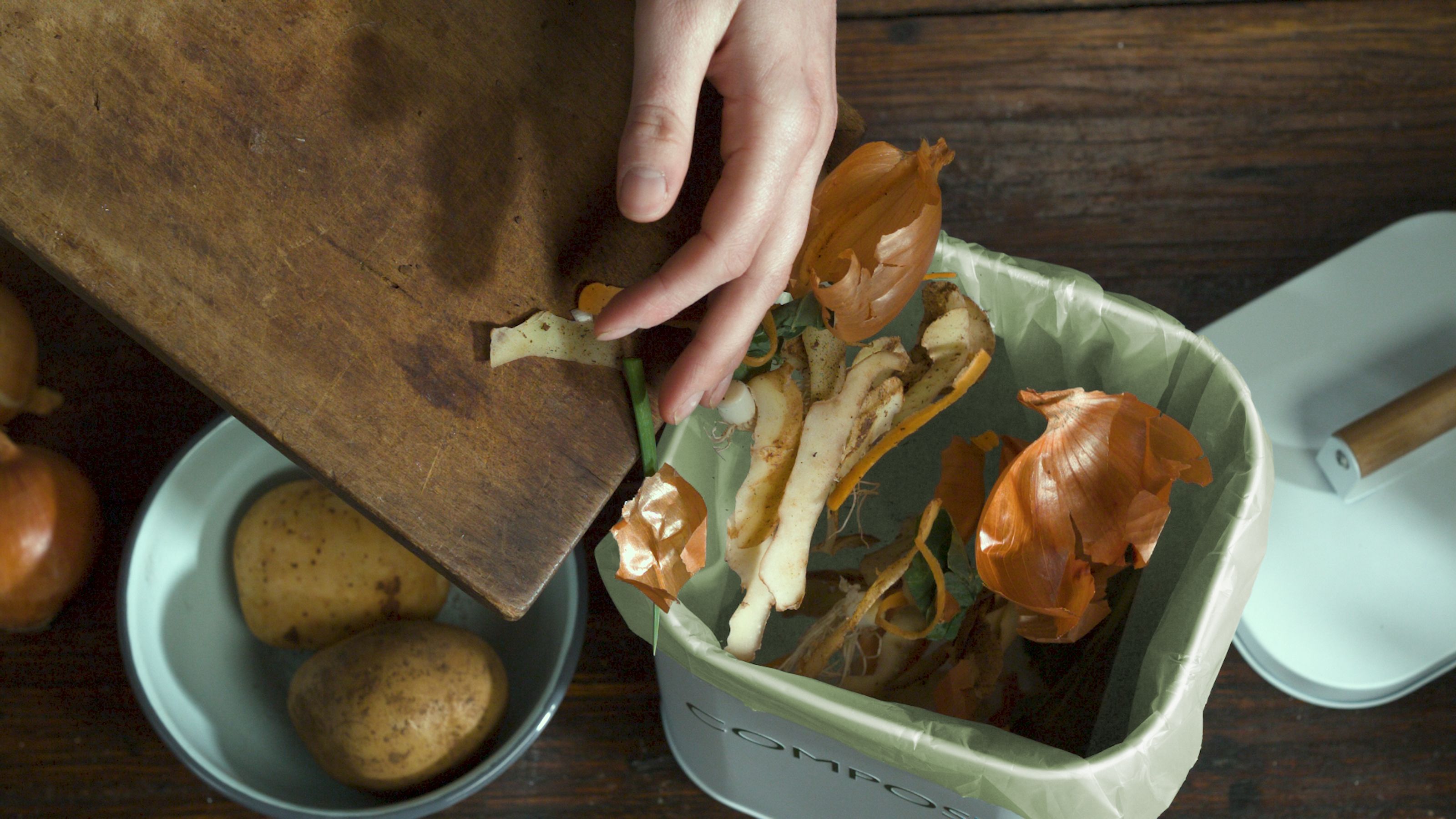
50% of Auckland’s household waste alone going into landfill is organic waste
- Zero Waste Network
Compostable bags are not for landfill
Around 71% of Kiwis conduct research on the sustainability of a brand before purchasing, according to the Sustainable Business Council.
But, while most of us try to do the right thing when we use our buying power to make sustainable purchases, the right choice isn’t always the obvious choice.
According to the Ministry of Environment, 82% of people strongly agree compostable packaging is better for the environment than plastic. But here's the kicker: 49% of people actually think compostable packaging can be recycled, even though it can't.
Widespread confusion around proper disposal means compostable products often end up in landfills. Research conducted in the United Kingdom highlights a staggering statistic: Only 1 in 400 coffee cups are composted.
Using compostable bags incorrectly for household rubbish and then sending them to landfill can have detrimental effects. These bags do not break down in landfills and instead, contribute to the production of methane gas, creating unintended harm. Simply put, landfill isn’t designed to be a compost.
For many eco-minded shoppers, using compostable bin liners to send waste to landfill may actually be harder on their wallet and the planet.
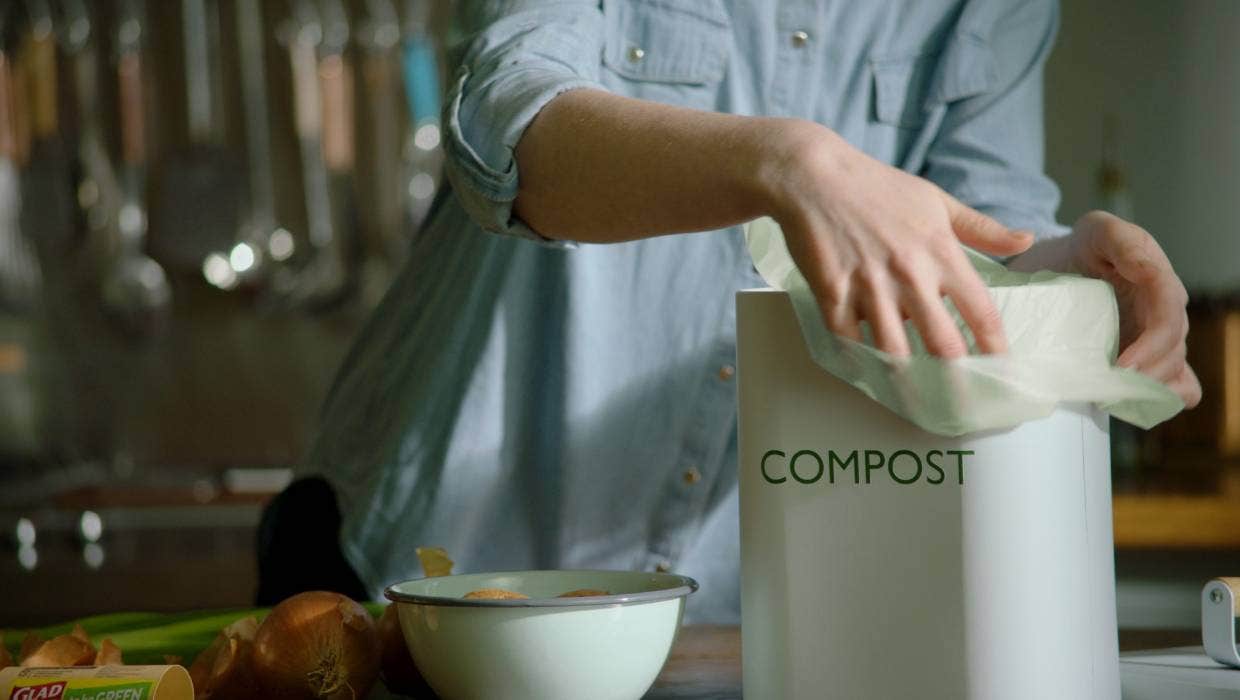
49% of people actually think compostable packaging can be recycled
- The Ministry for The Environment
How to evaluate claims of compostability
There isn’t currently legislation in New Zealand that puts parameters around what claims companies can make about their products being home-compostable or commercially compostable, according to the Ministry of Environment. This makes it even more difficult to tell the difference between genuinely compostable products and greenwashed products.
Luckily, some organisations have chosen to voluntarily comply with international certifications, even though they are not obliged to. For example, Glad’s home compostable bags meet certain criteria set out by the Australian Bioplastics Association (ABA). Known as the ‘seedling logo’ certification system, qualifying products must undergo a stringent test regime outlined by AS4736 or AS5810.
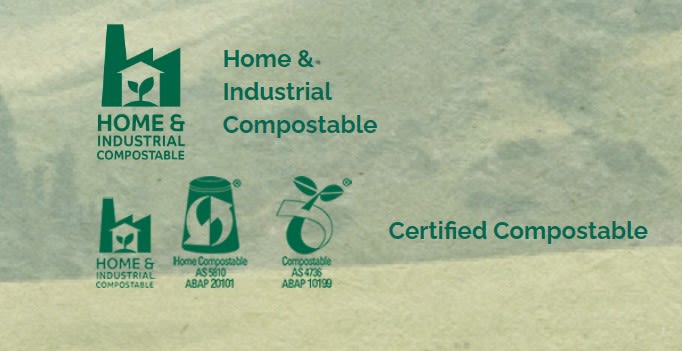
Certifications for the Glad to be Green® Compostable Kitchen Caddy Liners.
Certifications for the Glad to be Green® Compostable Kitchen Caddy Liners.
For Kiwi shoppers wanting to determine the true impact of their bin liner, it's crucial to consider certification logos and reputable partners associated with the brand. While awaiting legislation on compostable products, these indicators serve as valuable guidance to discern which product truly makes a difference when composting.
Types of bin liners:
- Compost caddy/bin: a game changer for keeping food scraps contained until they’re ready to be popped in the compost or organics bin – No more ick factor, as the bag itself will contain any smells and decompose right alongside the food, once in compost conditions.
- Rubbish bin: go for a recycled plastic bin liner, because then it’s had a previous life. Providers like GLAD® offer bin liners that are 95% recycled material or made from 50% sugarcane-based plastic.
- Recycling bin: soft bin bags of any kind, compostable or not, cannot be recycled through New Zealand’s standard recycling system.
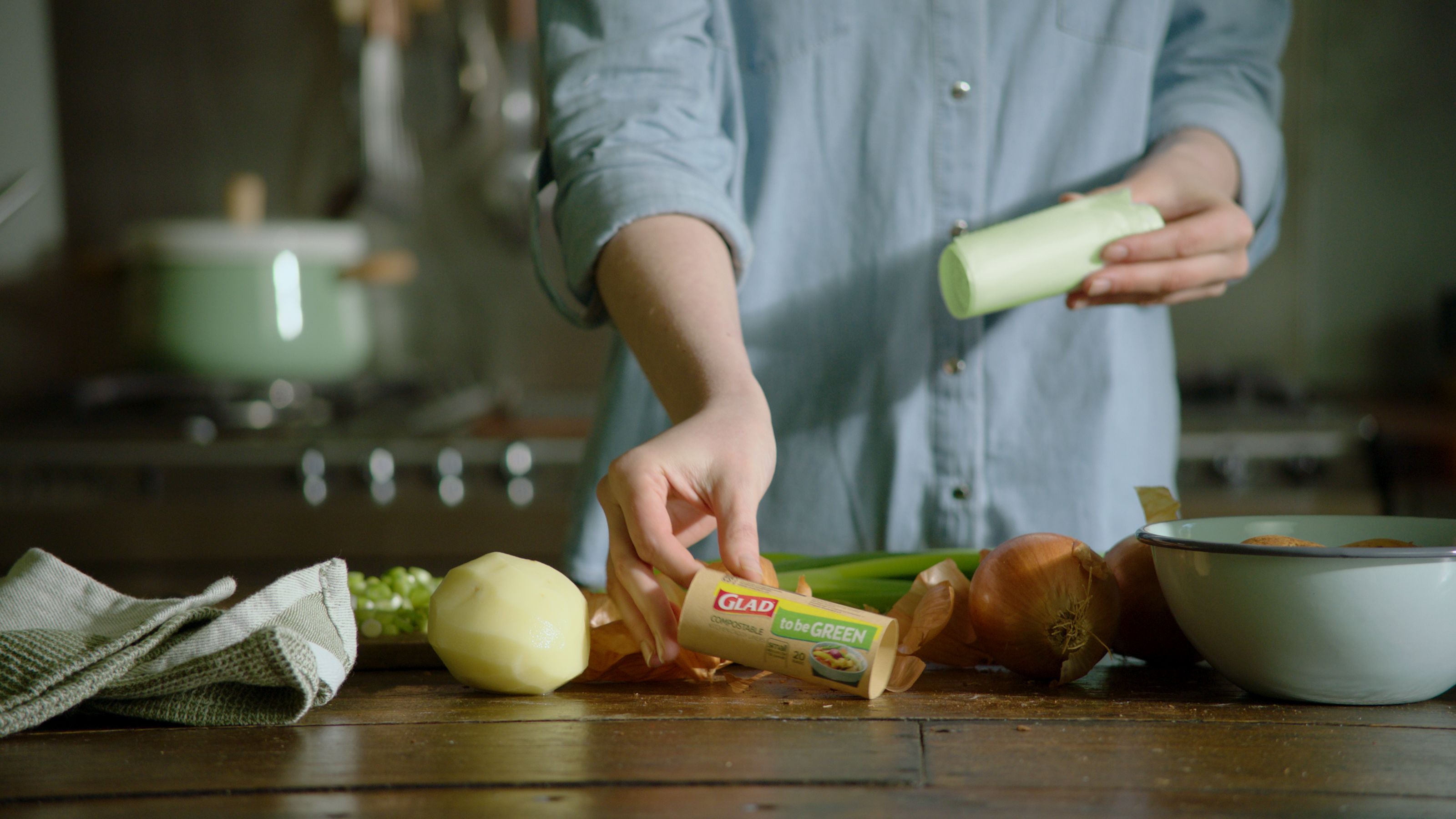
When you’re next at the supermarket looking for bags for your compost caddy, choose Glad® to be Green Compost Caddy Liners, specifically designed for your kitchen compost bin and not made in larger sizes where they might end up in landfill.
More articles
For a more sustainable landfill solution, have a look instead at Glad to be Green 50% Plant Based or 95% Recycled Bags.
